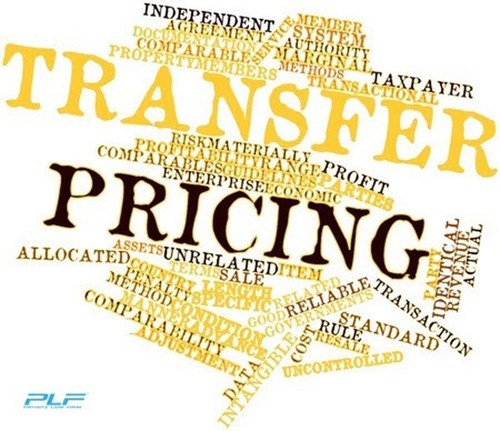Media outlets have reported that the number of FDI enterprises reporting losses during 2012-16 accounted for 44-51 percent of total enterprises, a sign which may indicate transfer pricing. However, it can be difficult to know the truth as the tax authority is not empowered to investigate.
The report in Tuoi tre (Youth) newspaper pointed out a fashionable transfer pricing strategy is through intra-firm parent debt or related-party loans, following which firms borrowed from their parent companies or affiliates with excessive interest expenses.
    |
 |
|
Media reports have suggested the Government build a more effective mechanism to tackle the problem that prolonged loss-making FDI enterprises have still enlarged investment and production. |
Other pricing methods include inter-company transactions in various forms such as overseas parent companies selling raw materials and equipment to subsidiaries with high prices, charging high royalties fees, or Vietnamese affiliates bearing the cost of advertising, marketing and research which should be covered by overseas parent firms.
Dang Van Hai, deputy director of the Legal Affairs Department under the State Audit Office of Vietnam (SAV), said the purpose of those transactions was to minimize tax payments in Vietnam, causing big losses to the State budget, creating an unfair competitive environment and contributing to the country’s trade deficit.
The MOF also reported that the expansion of investment and business of loss-making FDI firms is higher than the growth in the number of enterprises reporting losses and accumulated losses.
An SAV survey showed loss-making firms focus on garment and textile, footwear and the processing industry. Up to 90 percent of FDI companies operating in the textile industry in HCM City reported losses while most domestic firms posted profits.
Media reports have suggested the Government build a more effective mechanism to tackle the problem of prolonged loss-making FDI enterprises with enlarged investment and production.
Apart from transfer pricing, the Government’s Office also quoted a report on Doanh nhan Vietnam (Entrepreneur) newspaper saying that tax incentives are biased in favor of region rather than sector.
High value-added services have not given practical incentives while many tax preferences are still rigid which reduce investment attractiveness, according to the report.
Meanwhile, a report on Vietnamplus said that Vietnam has signed 75 tariff agreements but in practice, the FDI sector complained that tax reduction under these agreements is not automatic.
Tax authorities have not issued any documents and notices certifying the tax exemption or reduction to enterprises, it said.
Nicolas Audier, co-chair of the European Chamber of Commerce in Vietnam, said many EU firms complained that they are confused about their rights under the tariff treaties. Businesses must learn by themselves the regulations to assess their eligibility. If they are eligible for tariff reductions or exemptions, they must submit a ‘tax exemption or reduction under the agreement’ notice to the local tax office.
Regarding these issues, Prime Minister Nguyen Xuan Phuc asked MOF and GDI to study and devise a policy response.
Source: VNA